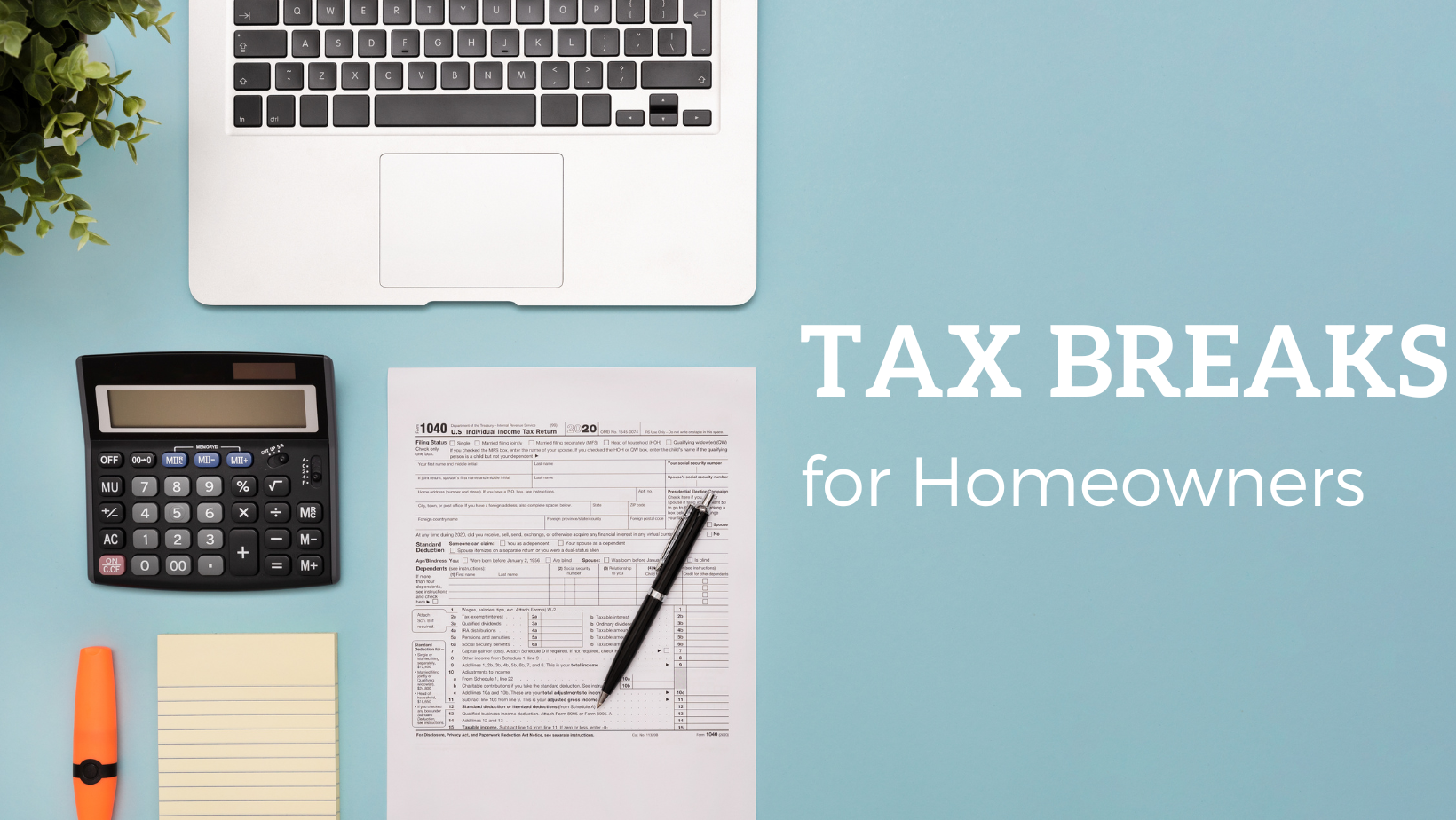Porcupine Real Estate Blog
Tax Breaks for Homeowners

Porcupine Real Estate believes that homeowners shouldn’t pay more taxes than they have to. Our agents are experts in finding homes in low-tax towns and fighting legislation that seeks to increase the tax burden on residents. So it’s no surprise that we are always looking for ways for our clients to keep money from Uncle Sam when they own a property. We have four ways for you to save money on taxes, whether you own a single-family home or an investment property.
Current Use/Recreational Discount
Current Use is a tax strategy that makes it easy for homeowners to keep their acreage undeveloped and taxed at a lower rate. Instead of being taxed at its market value, the land is assessed at a much lower valuation. The caveat is that buildings and other improvements (like driveways or septic systems, for example) are excluded from Current Use; that is, any houses, outbuildings, septic systems and/or wells must be outside of the 10-acre boundary. Any undeveloped land that is over 10 acres can enroll in Current Use. So, if you have farmland, forest land, wetlands or other land unsuitable for agriculture or forest products, you may qualify for Current Use status. Buildings and other improvements, such as driveways and septic systems, or “curtilage” land that is needed to support surrounding structures, are excluded from Current Use.
One of the most appealing features of Current Use is that you can still post your land against trespassing and close it to the public. However, there is a Recreational Discount that is available to landowners who allow certain public uses of their land, like hunting, fishing, hiking, nature observation, skiing and snowshoeing. If you don’t mind other people on your property, you can enjoy a 20% reduction in the current use assessment by using the Recreational Discount credit.
Local and Town Tax Credits and Exemptions
Credits reduce the tax of a property after valuation, while exemptions reduce the value of a property before the tax is calculated, that is, exemption is applied to valuation and credit is applied to tax. Below are some examples of credits and exemptions:
Veterans’ tax credits
Veterans’ exemption (for certain disabled veterans)
Elderly exemption (for 65+)
Blind, Deaf, and Disabled exemptions
Improvements to assit the deaf and those with disabilities
Wood-heating energy systems exemption
Solar power exemption
More information and applications can be found on the NH Revenue site.
Opportunity Zones for Investment Properties
Opportunity Zones are a federal program that encourages investment in low-income areas, and it allows investors to defer capital gains on earnings that have been reinvested in the zones through Opportunity Funds. Opportunity Funds are private-sector investment vehicles that invest at least 90 percent of their capital in Opportunity Zones. Long-term investments maintained for over 10 years do not have to pay additional capital gains taxes on earnings from Opportunity Zone investments. (MW – THIS WAS TOTALLY PLAGIARIZED SO FEEL FREE TO CHANGE). New Hampshire has 27 designated Opportunity Zones. You can view them here.
1031 Exchange for Investment Properties
A 1031 exchange allows real estate investors to swap out an investment property for another while deferring capital gains or losses or capital gains tax that you otherwise would have to pay at the time of sale. The exchange can only be made with like-kind properties and IRS rules limit use with vacation properties.
An intermediary will handle the funds after you’ve sold a property, and you have 45 days after the sale of your investment property to identify a like-kind property. Like-kind guidelines are liberal so you can exchange, for example, an apartment building for raw land, or a ranch for a strip mall.
1031 Exchanges are very nuanced, so it’s a good idea to have an experienced agent and intermediary on your team. Our experienced investor agents have handled several 1031 transactions.

